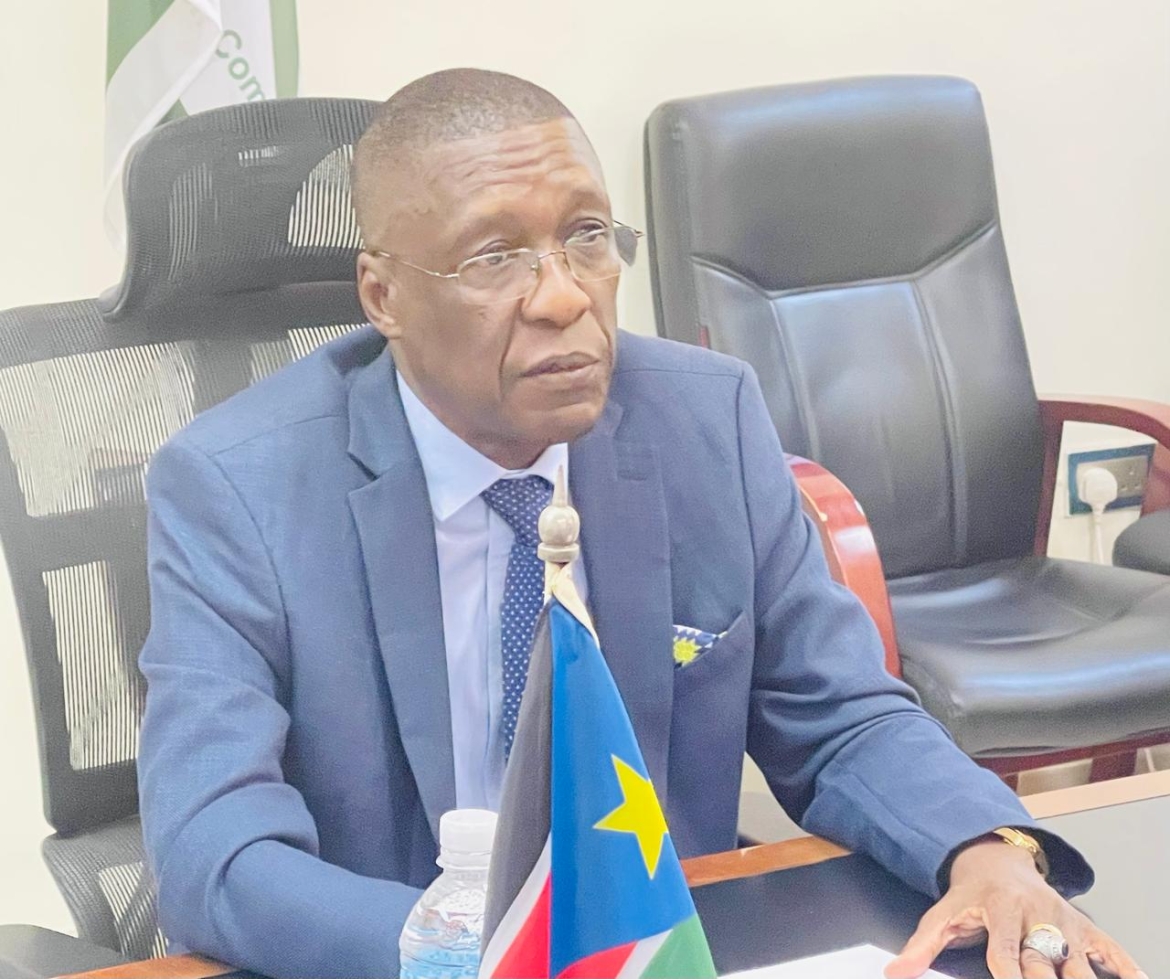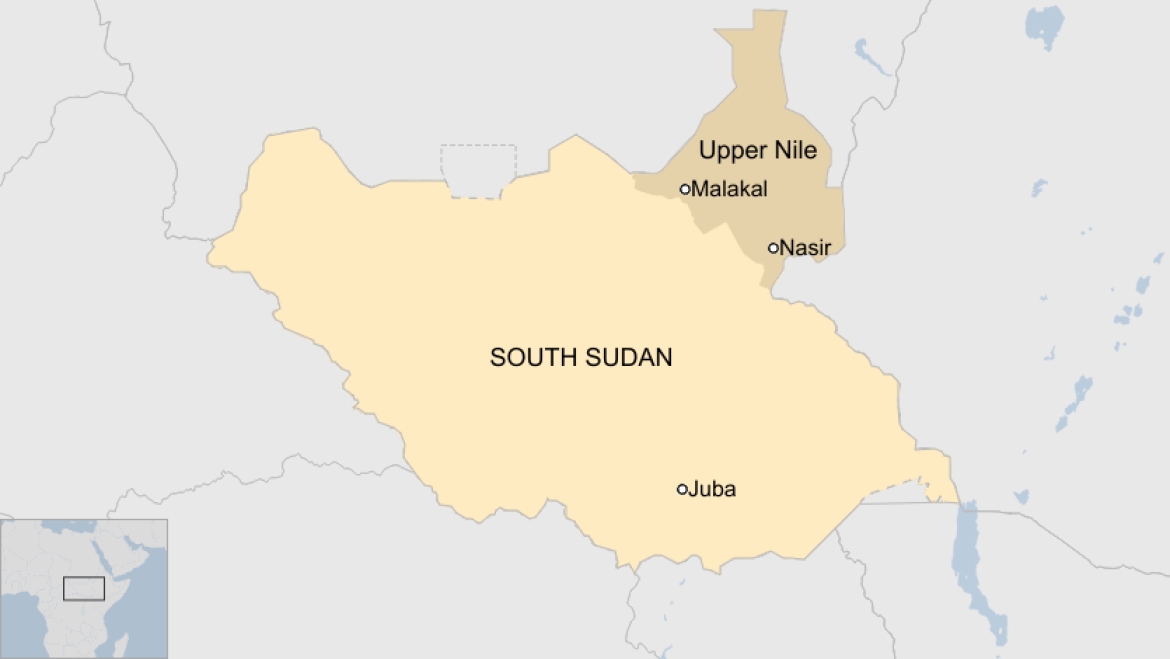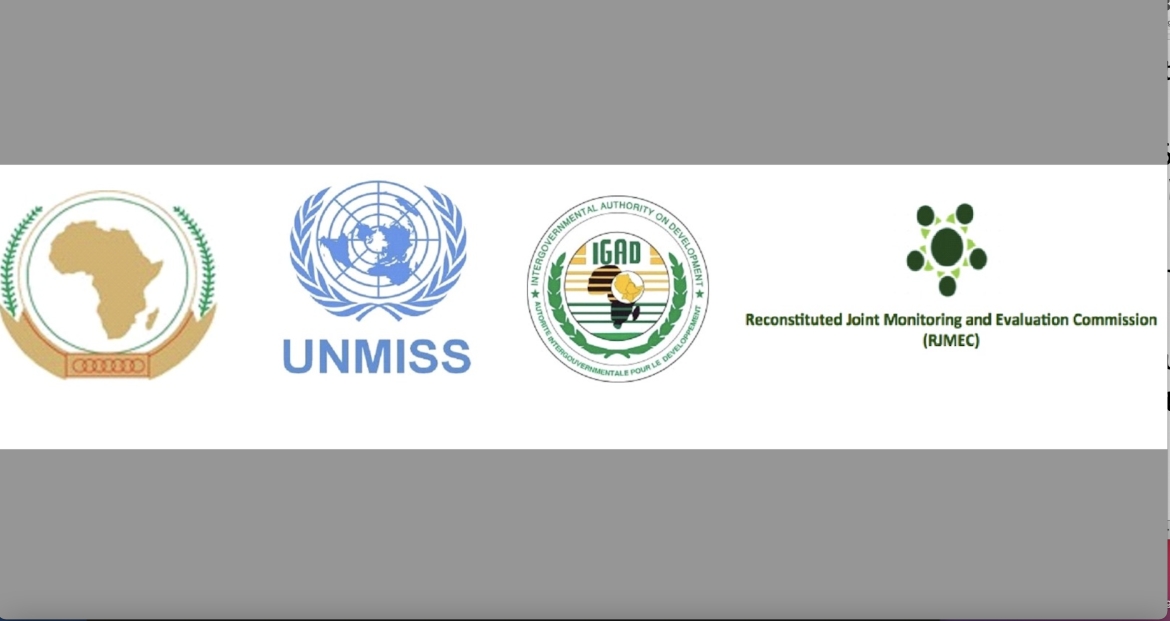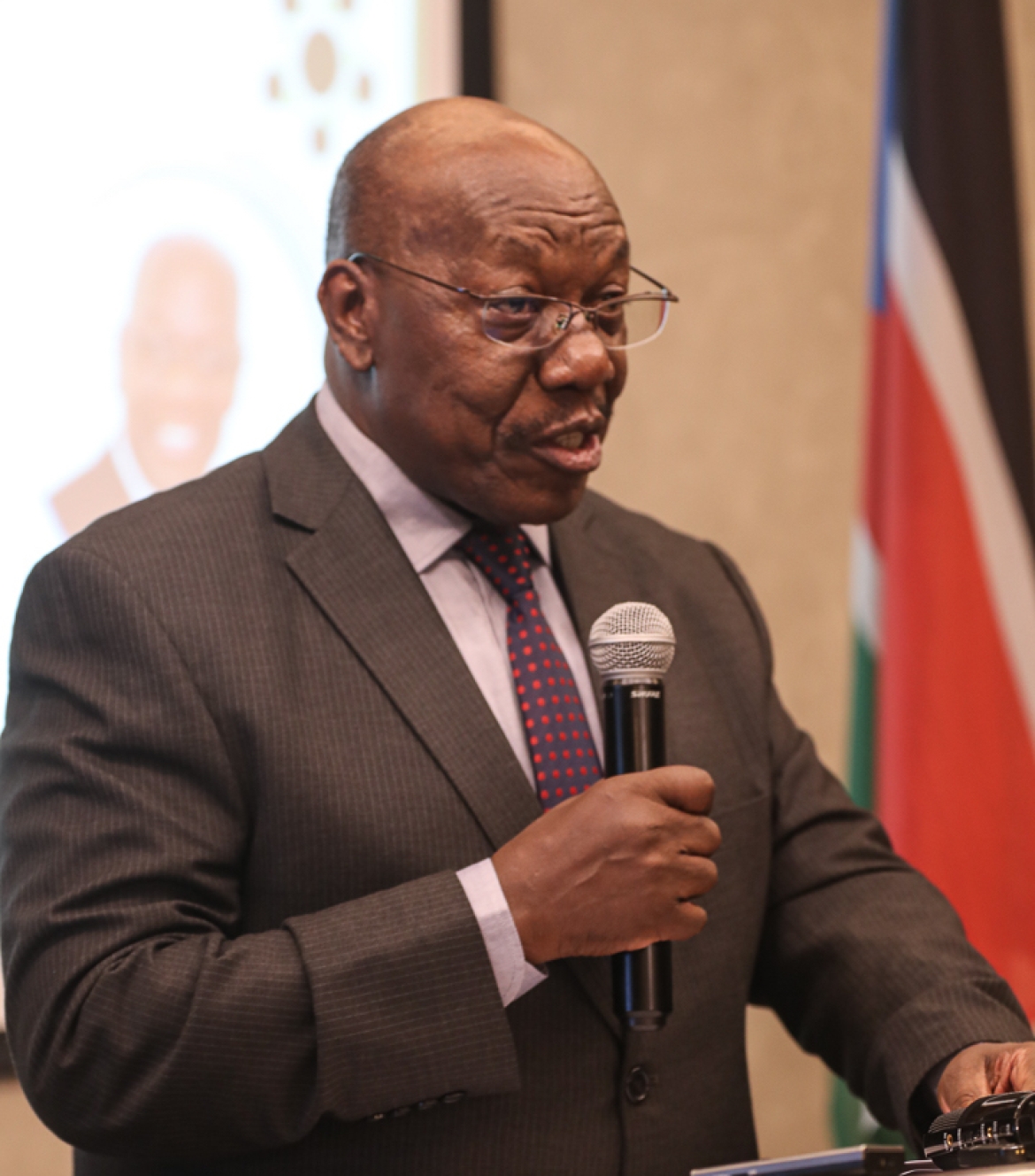JMEC delegation briefs South Sudan legislators
The Joint Monitoring and Evaluation Commission (JMEC) has on Friday met the Constituency Development Fund (CDF) committee of the South Sudan’s Transitional National Legislative Assembly (TNLA).
The JMEC team led by Chief of Staff Ambassador Berhanu Kebede met the committee members headed by the Chairperson Hon. Adeng Leek Deng at the TNLA headquarters in Juba.
This consultative meeting focused on the importance of the CDF and also on the Enterprise Development Fund (EDF), two key organs stipulated in Chapter IV of the Peace Agreement.
JMEC Senior Economic Advisor, Dr. Thomson Fontaine briefed the members on the critical role of the EDF in generating employment opportunities within the private sector, marginalised groups including youth and women and the development of Micro-Medium and Small Enterprises (MMSEs).
“The TNLA has a vested interest in ensuring that the EDF becomes operational since its successful implementation can go a long way in contributing towards much-need economic growth in South Sudan,” Dr. Fontaine noted.
JMEC Senior Economic Advisor, Dr. Thomson Fontaine (middle) makes a point during the meeting. With him are JMEC Chief of Staff Ambassador Berhanu Kebede and Deputy Chief of Staff (Strategy), Ambassador Mahen Kundasamy
He also stressed to the members the critical importance of generating sustained growth within the economy.
“Ultimately, the CDF will benefit with higher contributions as the economy improves with a consequent positive impact on government revenues,” Dr. Fontaine added.
Ambassador Kebede on his part gave an update on the status of implementation of the 2015 Peace Agreement, on the Agreement on Cessation of Hostilities and the High level Revitalization Forum (HLRF).
“We hope this process (of revitalization) will give birth to an inclusive political process and permanent ceasefire to South Sudan,” he said.
The Chief of Staff asked the MPs to be peace ambassadors in their respective constituencies.
“Commit yourselves to the full implementation of the Agreement at the grass roots level in order to bring about sustainable peace,” Ambassador Kebede noted.
He reiterated that the revitalization process is not a renegotiation of the Peace Agreement, but is meant to enhance inclusivity of all stakeholders and to resuscitate the 2015 Peace Agreement and discuss concrete measures to immediately restore the permanent ceasefire.
The process is also meant to restore full and inclusive implementation of the ARCSS, and to develop a revised and realistic timeline and implementation schedule towards democratic elections at the end of the transition period, Ambassador Kebede said.






